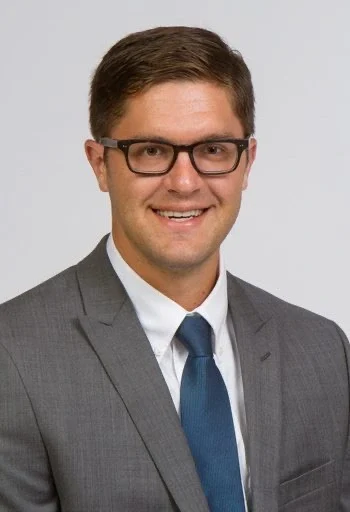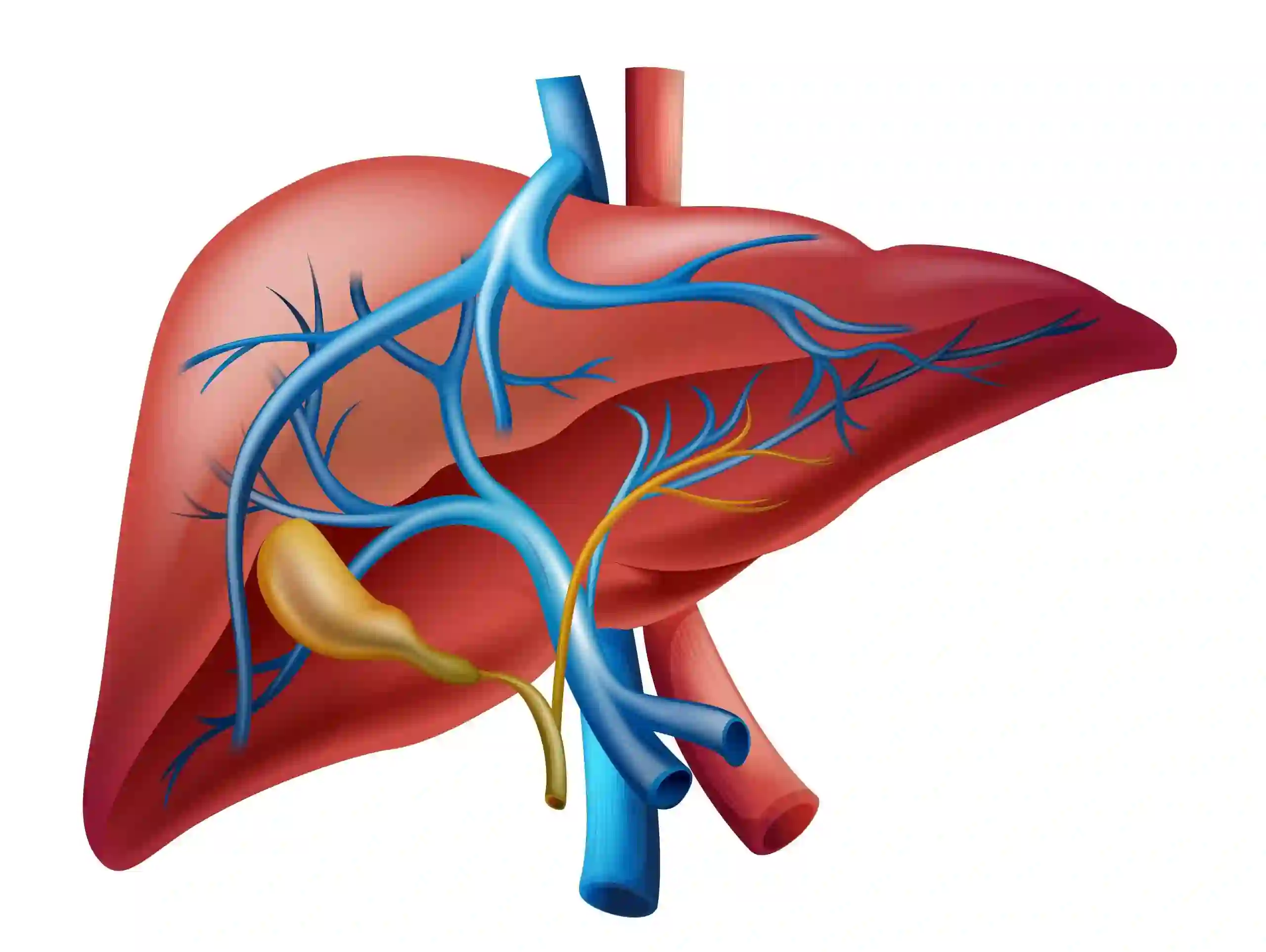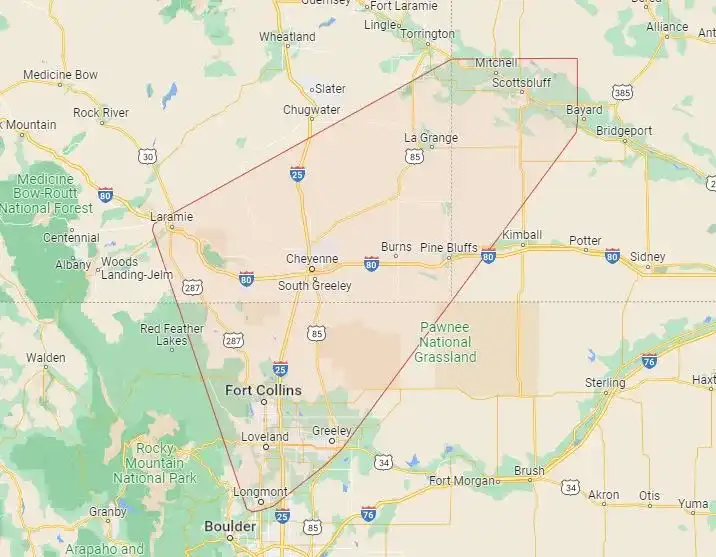
Why you should choose Dr. Tierney
Dr. Joshua S. Tierney, MD is a fellowship-trained Hepatopancreatobiliary (HPB) surgeon with a wide breadth of experience in complex pancreatic surgery. In addition, he is one of the few surgeons in the country who performs robotic pancreatic surgery. He believes in a multidisciplinary team approach that requires personalized attention and extensive consultation with other medical professionals to develop a treatment plan that is on the cutting edge of cancer care.
Dr. Tierney received a Bachelor of Science Degree from Purdue University in 2006, a Doctor of Medicine Degree from the Indiana University School of Medicine in 2011, completed his residency in General Surgery at Vanderbilt University, and completed his Hepatopancreatiobiliary (HPB) and Therapeutic Endoscopy Fellowship at the University of Louisville.
Do you have a medical concern that would require Dr. Tierney’s attention? Schedule an appointment by calling 970-221-5878.

 The liver is the body’s largest internal organ. It plays a vital role in digestion, producing bile to breakdown food. It also plays a crucial role in eliminating waste by breaking down toxins before they are flushed out. The liver is also a production center for several enzymes crucial to metabolism. Liver cancer is one of the common cancers and is often fatal if not diagnosed and treated early enough.
The liver is the body’s largest internal organ. It plays a vital role in digestion, producing bile to breakdown food. It also plays a crucial role in eliminating waste by breaking down toxins before they are flushed out. The liver is also a production center for several enzymes crucial to metabolism. Liver cancer is one of the common cancers and is often fatal if not diagnosed and treated early enough.
